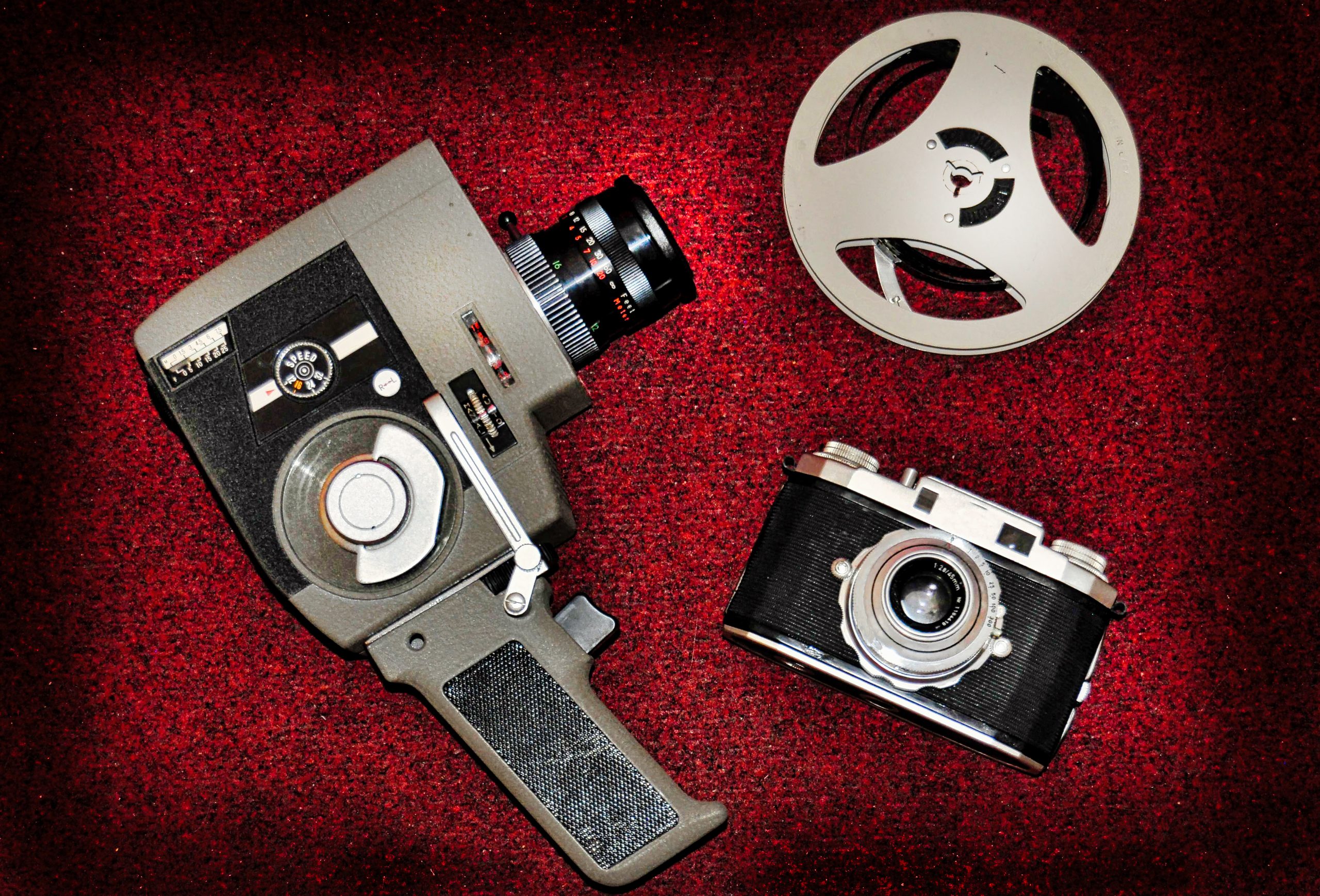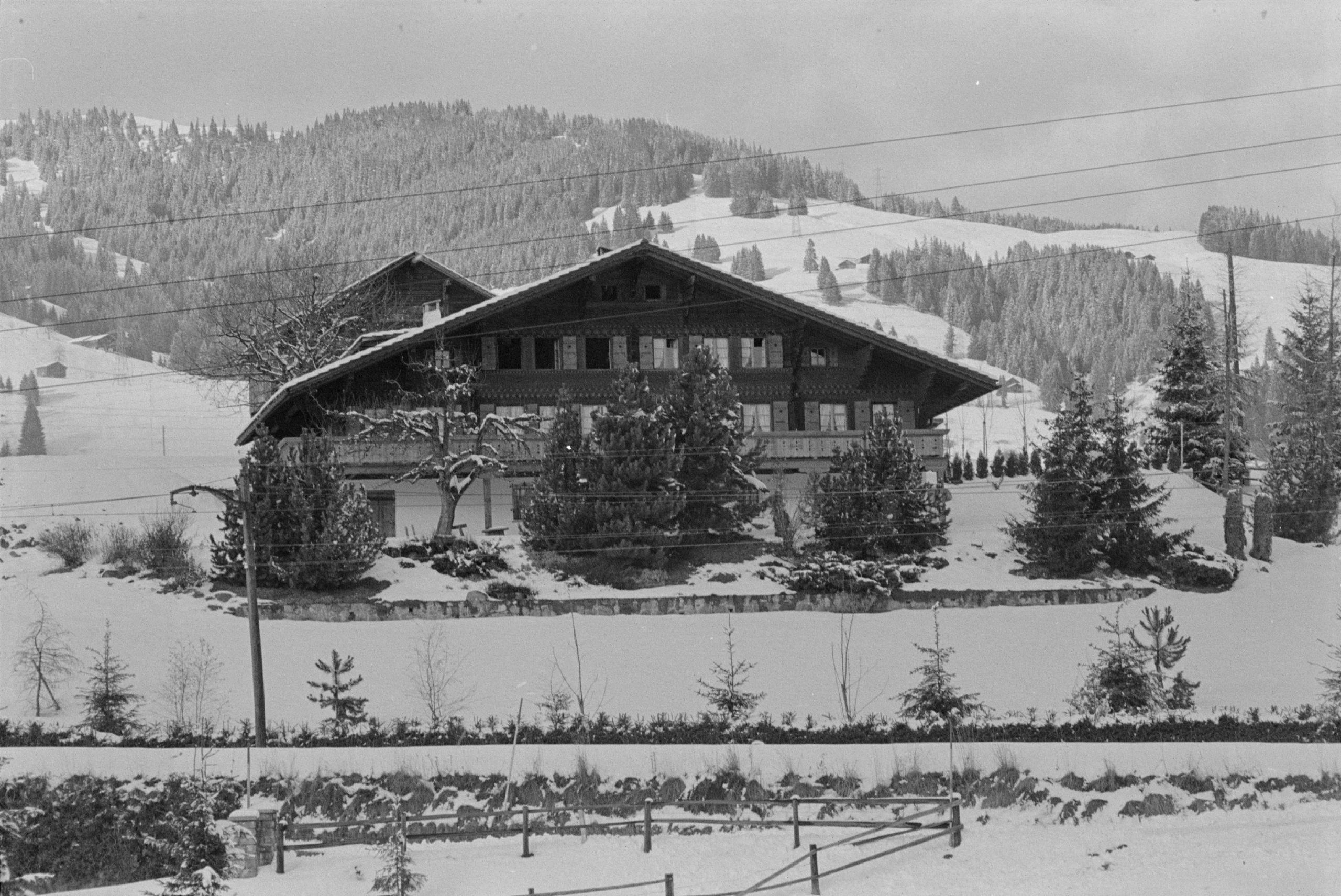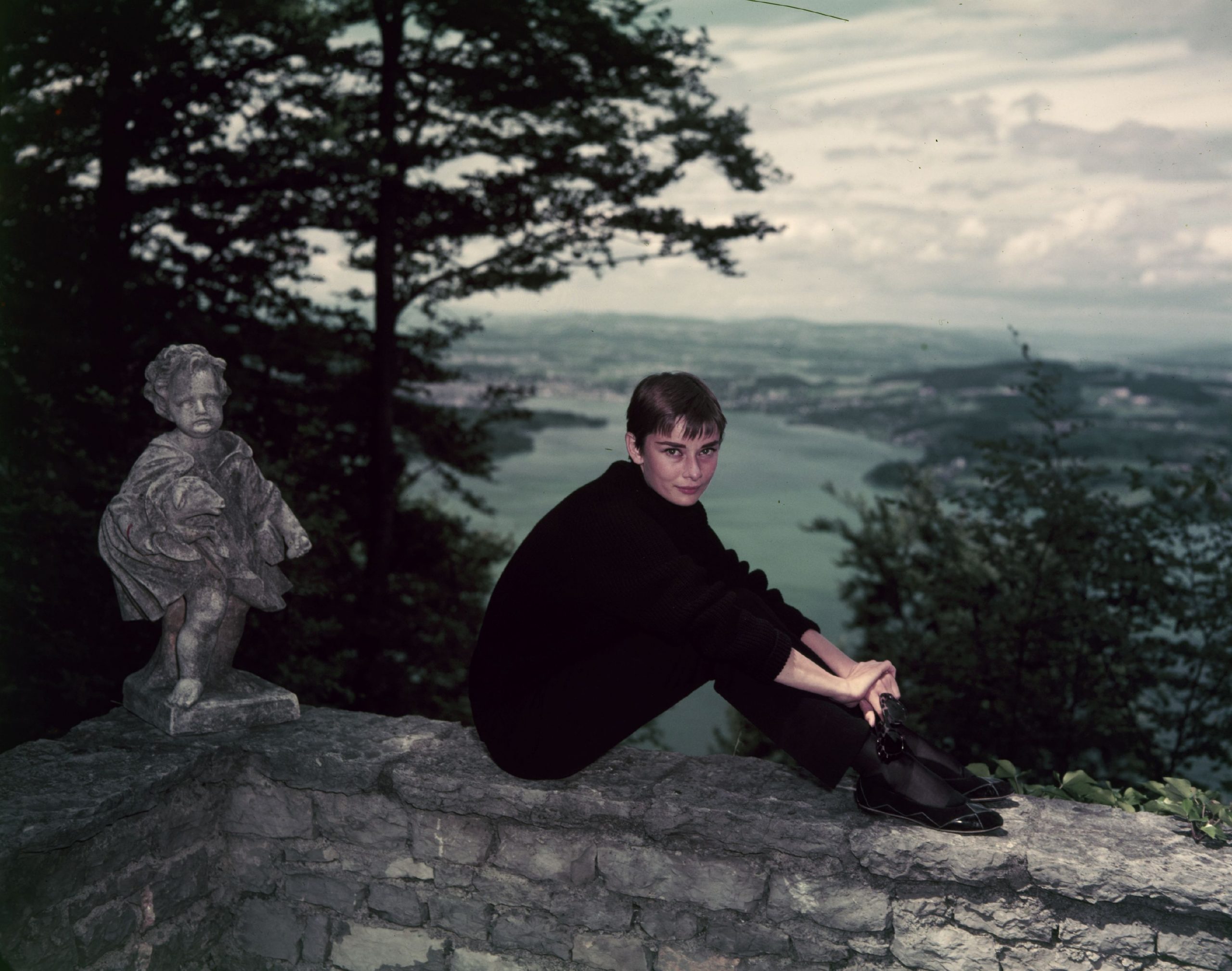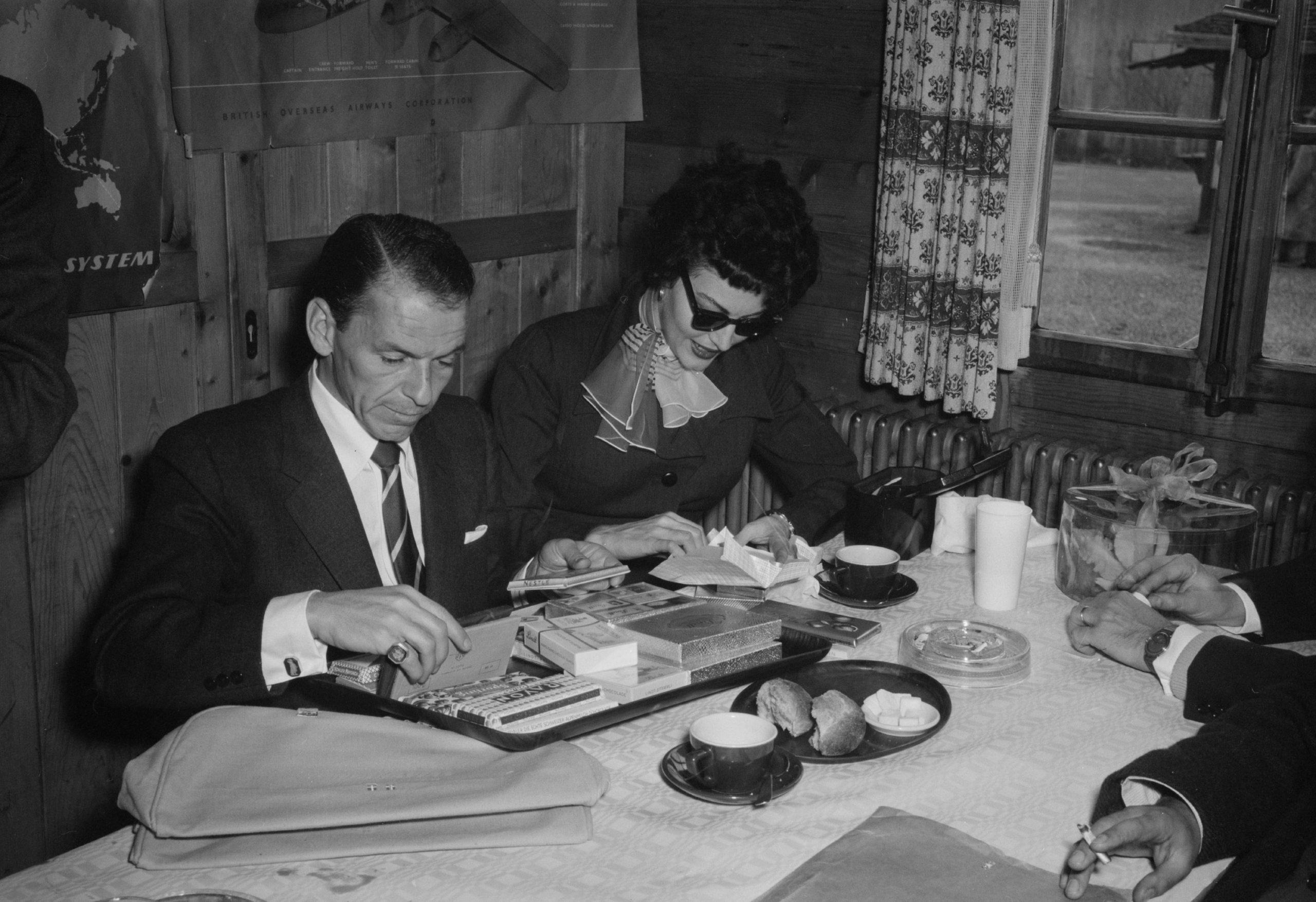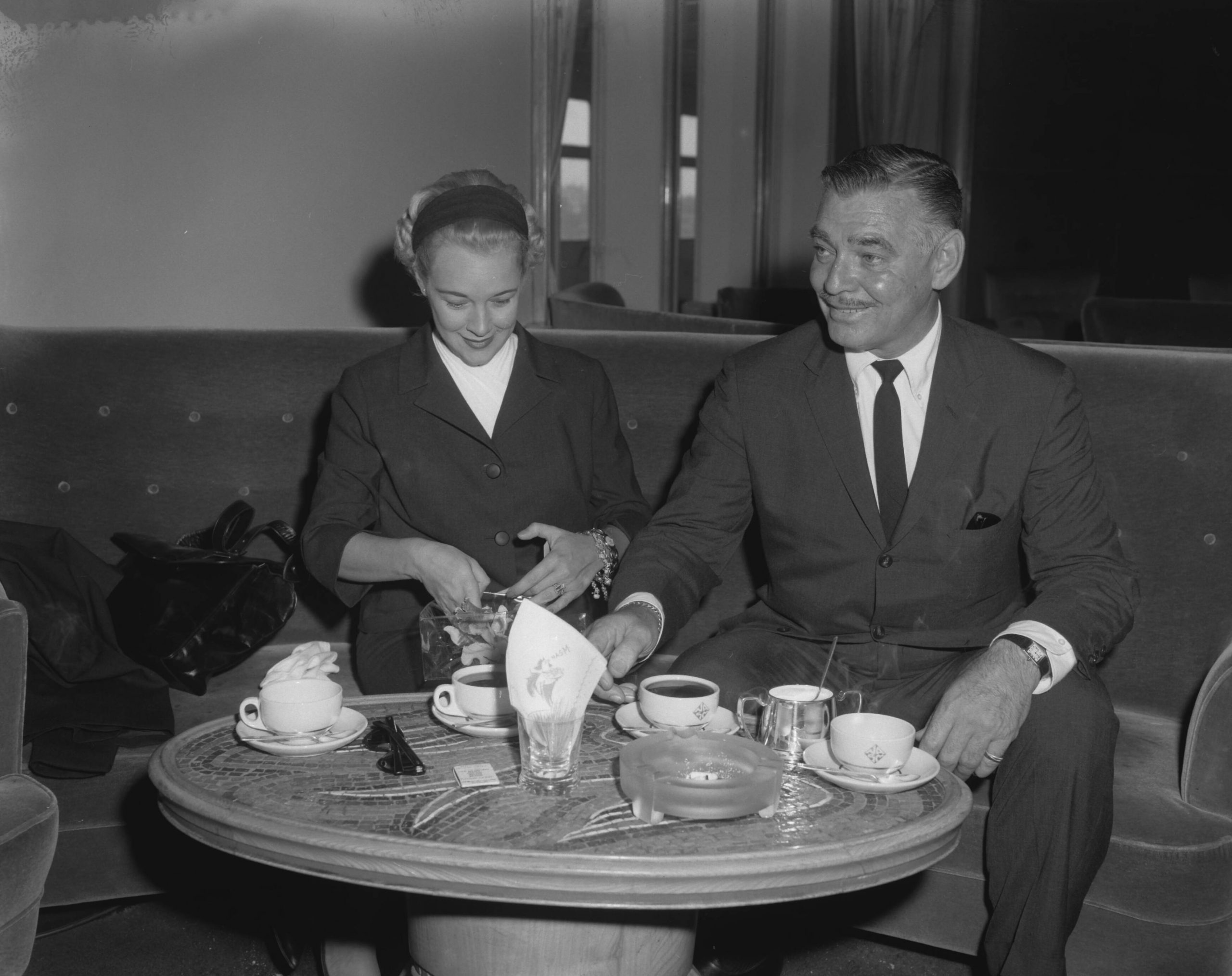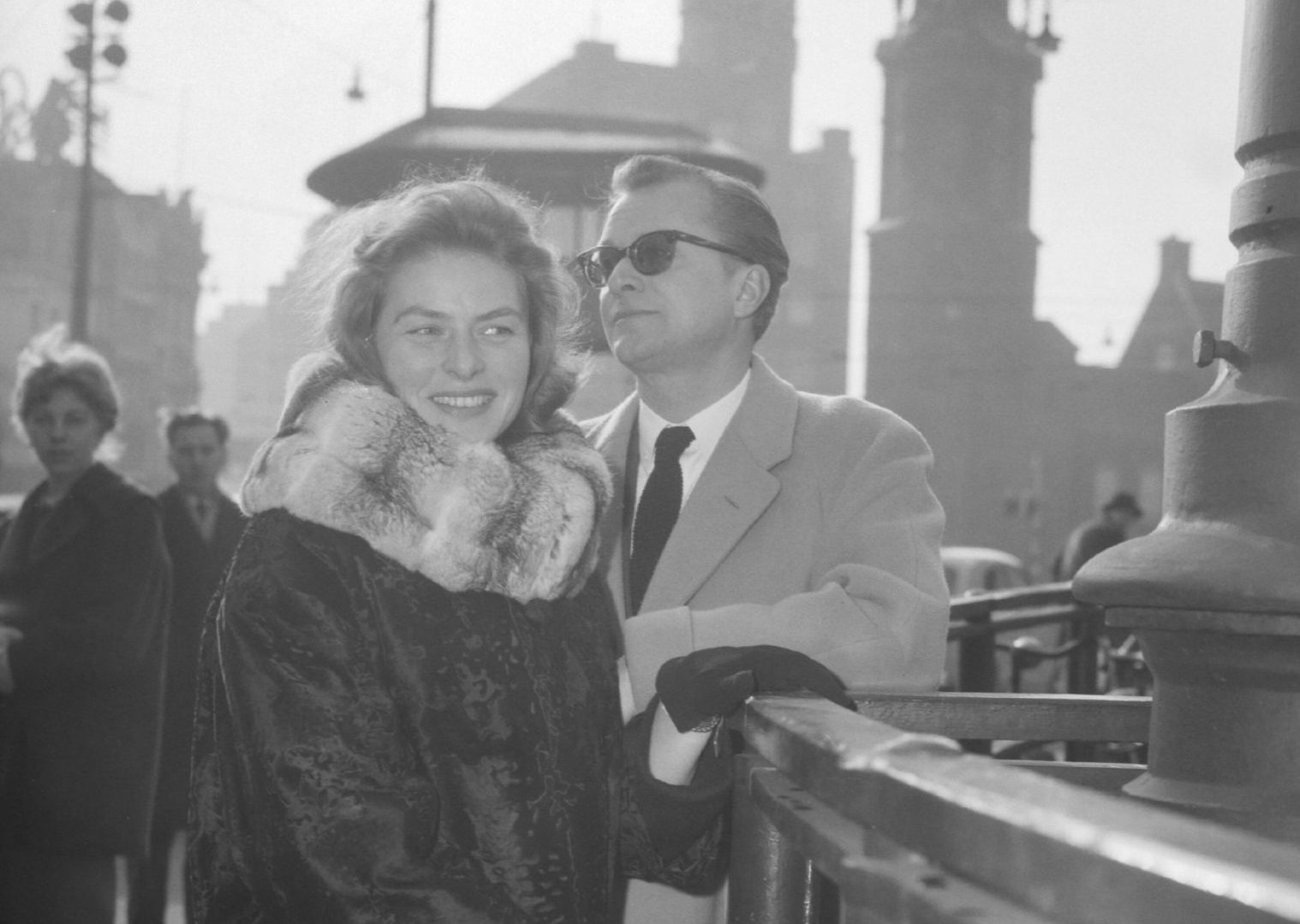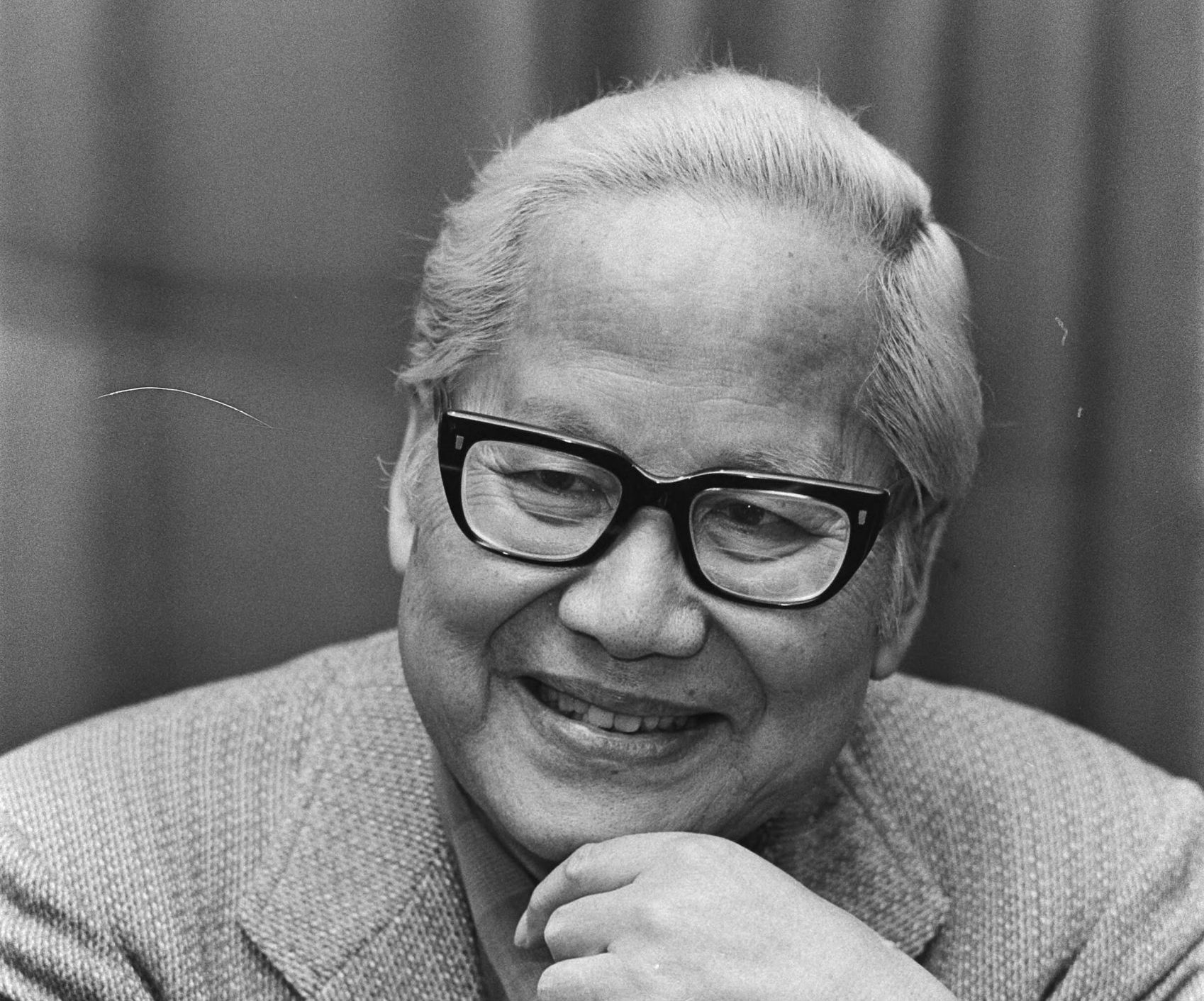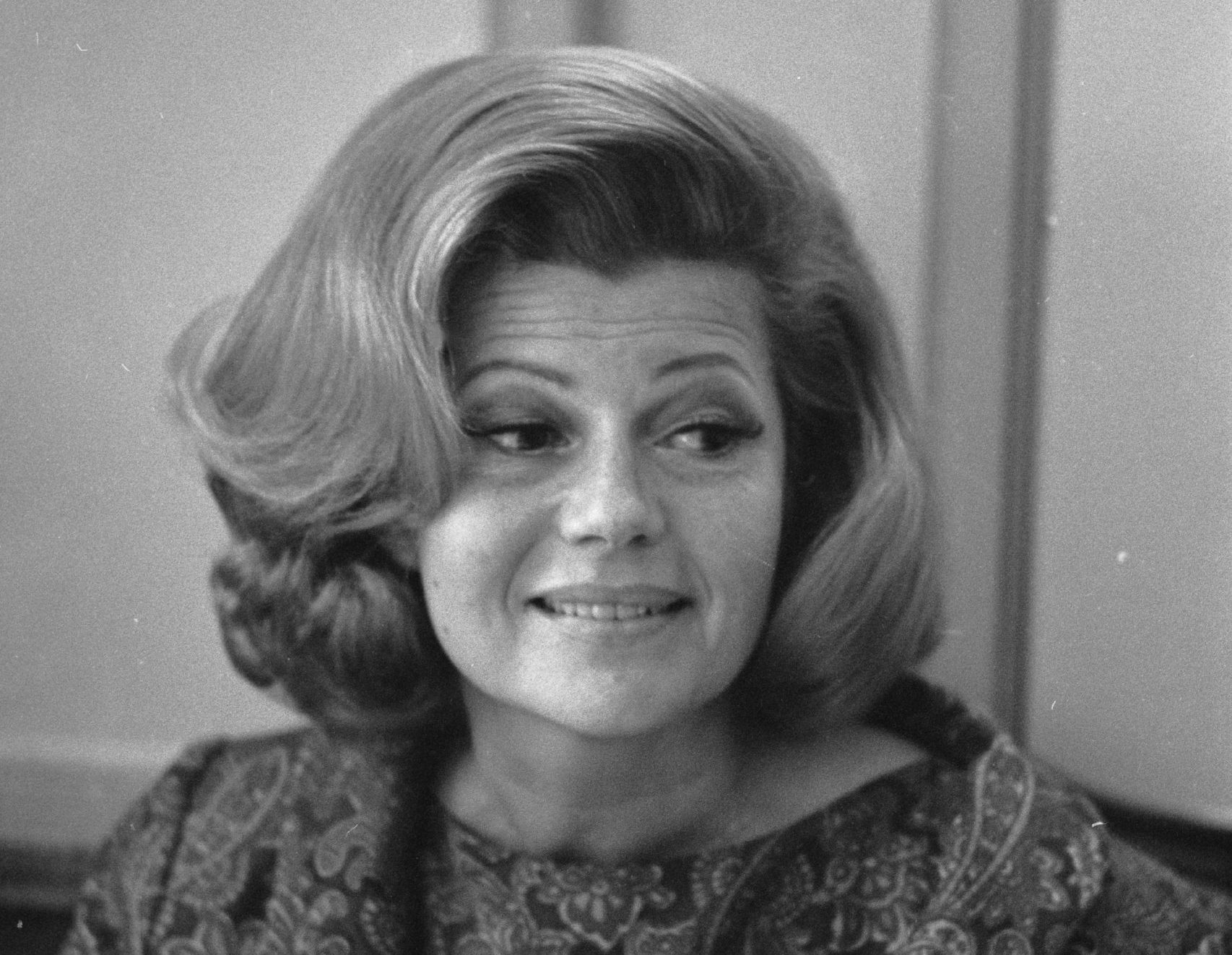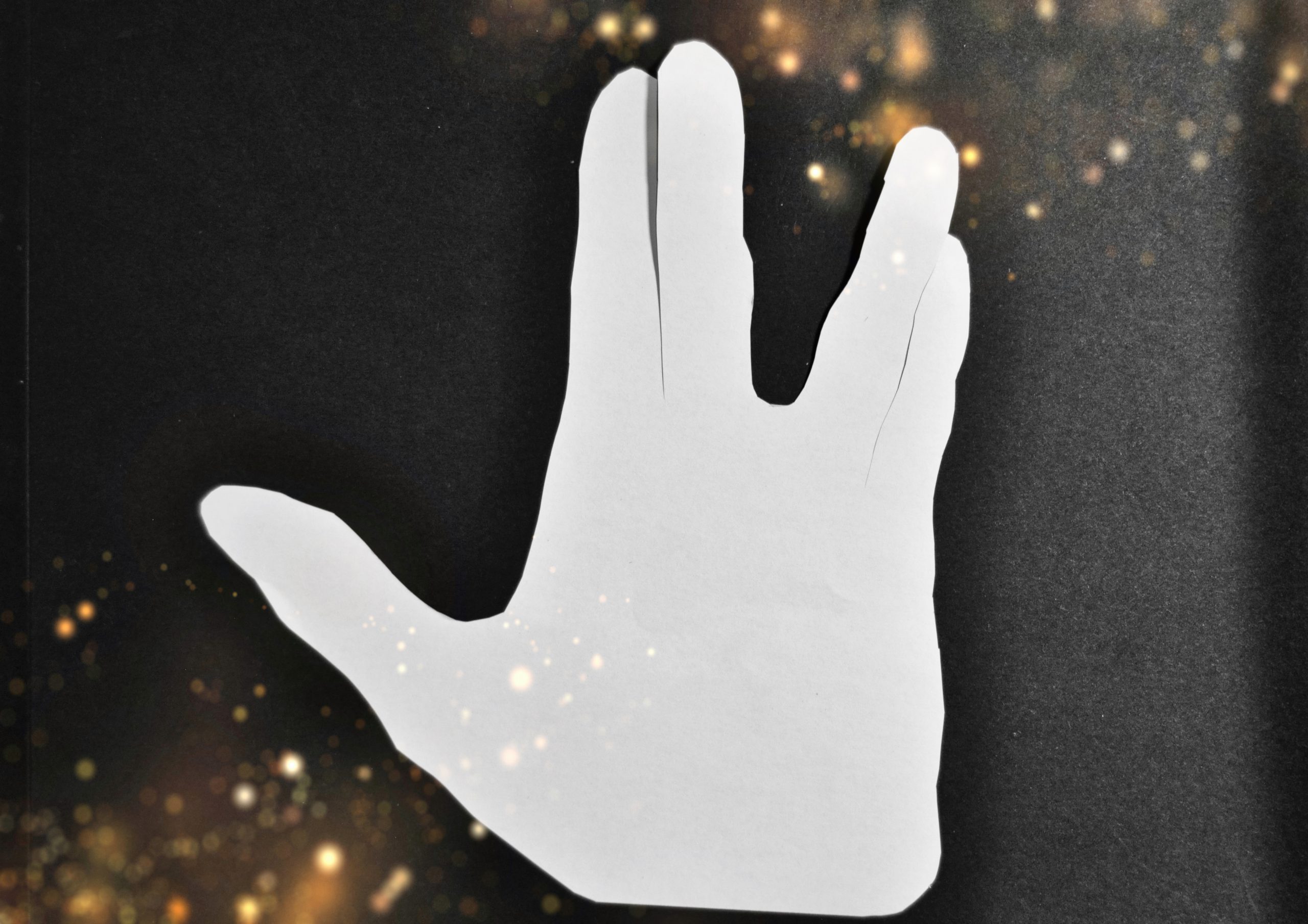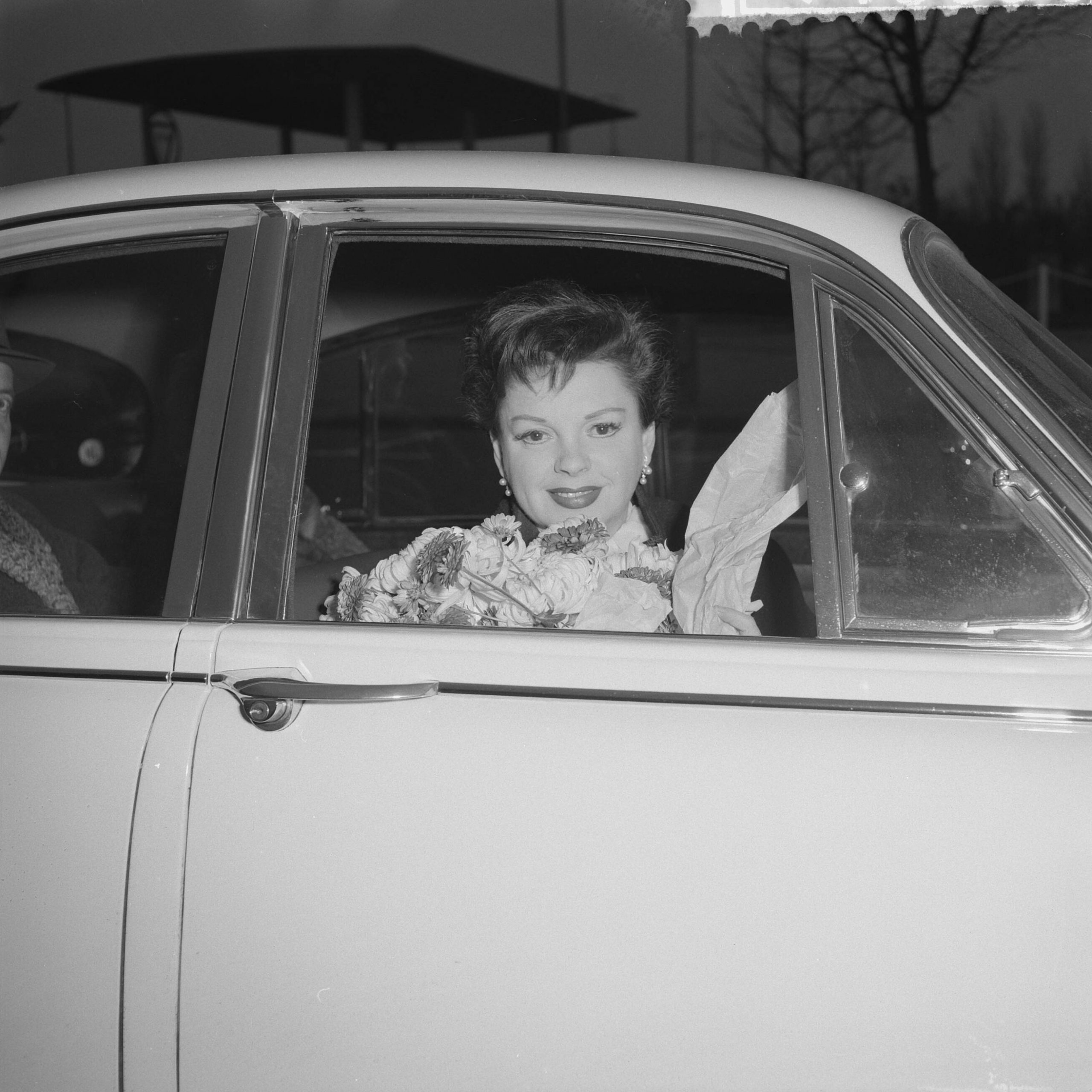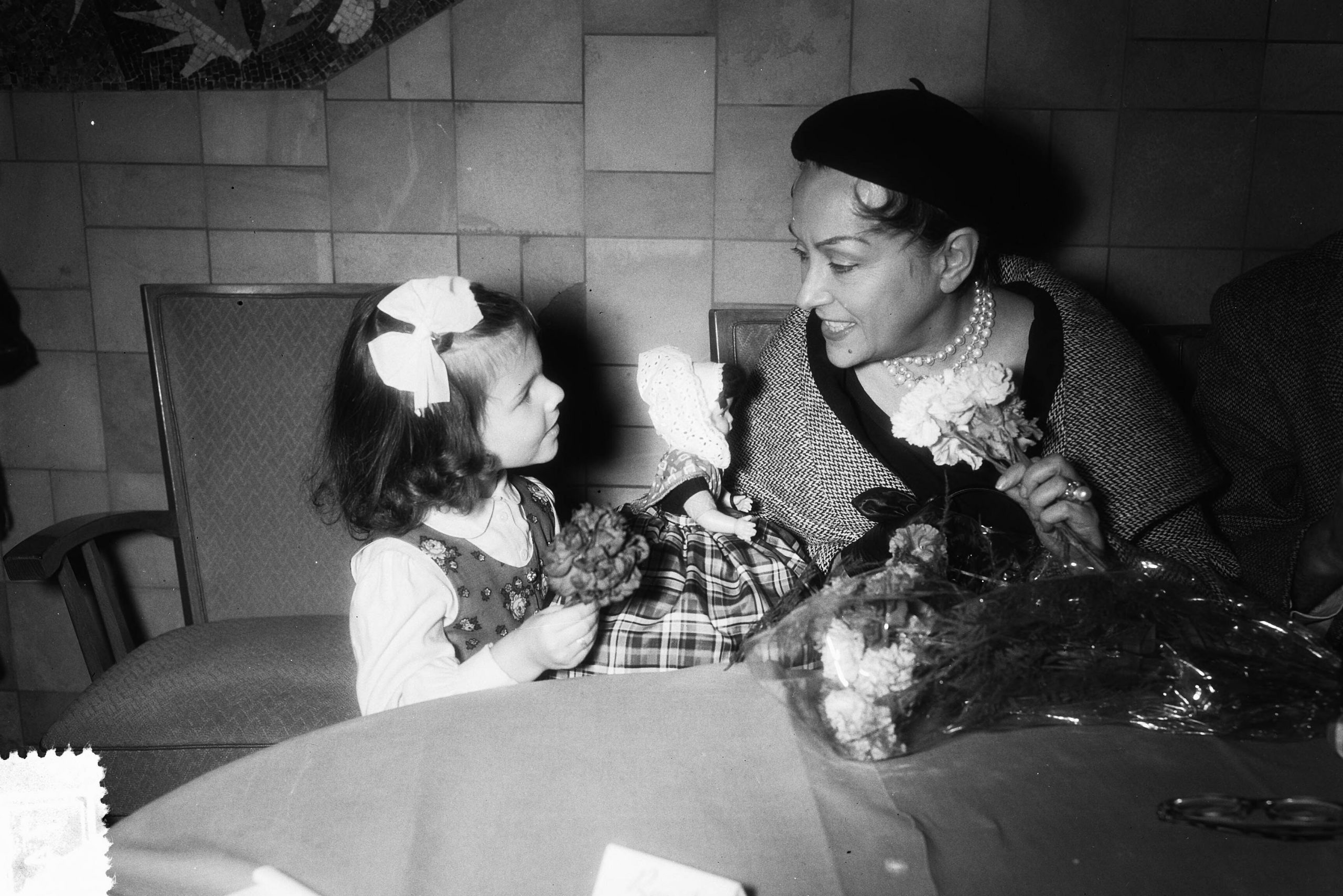The actor duo Walter Matthau and Jack Lemmon went down in Hollywood history as one of the most legendary duos: critics even compared the duo to the pairing of Spencer Tracy and Katharine Hepburn, who appeared on screen in numerous films in the forties and fifties. “I am Hepburn and Lemmon is Tracy,” Matthau later said about the times that he shared in front of the camera with Jack Lemmon – especially the comedy The Odd Couple (1968) went down in film history as one of the comedy classics par excellence.
Walter Matthau grew up in modest circumstances in the early twenties: Matthau’s early years in New York were more like a struggle for survival than a playground. Matthau discovered acting by chance when he was looking for a way to contribute to the family income at a very young age – Matthau was already on stage at the age of four.
New York in the twenties was characterised by extreme contrasts: either one had great wealth or – like most people – one had nothing at all. Matthau clearly belonged to the group that had no possessions and had to fight for survival every day.
The film world of the fifties was not ready for the film actor Walter Matthau.
Collaboration with James Mason
After his first film role in The Kentuckian (1955), Matthau played a supporting role in the film drama Bigger Than Life (1956): James Mason was involved as a producer for 20th Century Fox and also starred.
In 1963, French director Jean-Luc Godard put Bigger Than Life on his top ten list of American sound films: The film is about a teacher who mutates into a sadist due to the side effects of a medical treatment. The film’s plot offered plenty of dynamite – there were even efforts to stop the film’s production. But James Mason prevailed on the grounds that the film was based on a true incident: thus Walter Matthau played one of his first supporting roles in a film that was widely avoided at the time because of its enormous farsightedness. Films that encouraged the viewer to critically question an issue did not appeal to the masses in the fifties – just as the film world of the fifties was not ready for the film actor Walter Matthau.
“I don’t look like an actor.“
It took quite a while before Walter Matthau was offered a role that would establish him as a screen star.
In the classic Hollywood system, which declined more and more in the sixties at the latest, Matthau would probably never have become a cinema star: The studios’ ideas of roles were too narrowly defined. Matthau did not fit the stereotype of the male Hollywood star at all.
Only when the possibility arose to realise large-scale film projects without the creative sovereignty of the studios did the possibilities open up for new types of actors to assert themselves.
But Matthau didn’t notice this development at first: like every other American, he had his bills to pay and accepted every theatre and film offer that came his way. Thus Matthau played a supporting role in the Elvis Presley film King Creole (1958). In addition to his work for the screen, Matthau also appeared regularly on stage on New York’s Broadway: thus, the actor regularly travelled back and forth between the US East and West Coasts.
“The problem is that I’m too good.“ Matthau later said in retrospect, “I don’t look like an actor. I could be anybody from a toilet attendant to a businessman.” This statement describes what distinguished Matthau as an actor: although people recognised his face, he hardly put his own personality in the foreground in his work as an actor.
First successes on stage and in the cinema
Walter Matthau became a Hollywood star at an age when other actors had already passed the zenith of their careers. Matthau achieved his first big success in 1962 with a Broadway play: In A Shot in the Dark he played alongside Julie Harris and William Shatner. The Broadway play was made into a film two years later, but the story was changed so that the film version functioned as the second part of the Inspector Clouseau series.
Walter Matthau won a Tony Award for his performance in the Broadway play: It was the first time Matthau’s acting had been recognised with such an award.
Over the years Matthau appeared more often in films made by Kirk Douglas’ production company: In particular, the drama Lonely Are the Brave (1962), in which Walter Matthau starred alongside Kirk Douglas, is now considered a classic of sixties cinema. Set in the sixties, the film revolves around a cowboy named Jack Burns (played by Kirk Douglas) who lives his life on his own terms. It doesn’t matter to Burns that the age of the cowboy was long over by then: there is no question that a confrontation with Sheriff Morey Johnson (played by Walter Matthau) is inevitable…
The Odd Couple
Walter Matthau celebrated one of the greatest successes of his career with the film Charade (1963): alongside Audrey Hepburn and Cary Grant, Matthau showed what he had to offer as an actor. He convincingly plays a double role in the film, which the viewer only realises when the facts of the case are resolved – the music by Henry Mancini contributed to the legendary status the film holds today. Charade is often described as the best Hitchcock film that Hitchcock never made – it was directed by Stanley Donen.
Charade covers a variety of film genres – including thriller, spy film and comedy. Due to the selection of top-class film actors – among them Walter Matthau – this unique film succeeded.
Walter Matthau and Jack Lemmon already made a perfect screen duo in Billy Wilder’s 1966 comedy The Fortune Cookie: Matthau won the Academy Award for Best Supporting Actor for his role in The Fortune Cookie. A year later, the collaboration between Matthau and Lemmon deepened with the legendary comedy classic The Odd Couple (1968). The comedy was based on a stage play by Neil Simon, who was known for using experiences from his own life in his plays. Before Walter Matthau played one of the main roles in the film version of The Odd Couple, he had previously established a reputation as a comedic stage actor in the play of the same name.
Back then, it was still far less common than today for older screen stars to take on the lead role in a film.
His fame was lasting
Despite his great success in the comedy genre, Matthau did not want to be reduced to comedic roles: Walter Matthau always felt himself to be a character actor. In Front Page (1974) there was another creative collaboration with Billy Wilder and Jack Lemmon.
Especially his role as a CIA agent in Hopscotch (1980) remains unforgotten: At the end of his career, Matthau catapulted himself to the top once again with this film. The then sixty-year-old screen star brought a refreshing touch to the agent comedy with his acting: at that time it was still far less common than today for older screen stars to take on the lead role in a film.
In 1983, he starred in The Survivors alongside Robin Williams.
The careers of other Hollywood stars faltered in the sixties and seventies – this did not apply to Walter Matthau’s career.
Although he only advanced to Hollywood stardom relatively late, his fame lasted. Walter Matthau remained a sought-after actor until shortly before his death.
Cover picture: © Simon von Ludwig
Main source: Hunter, Allan: Walter Matthau, 1985 St. Martins Press

 Deutsch
Deutsch